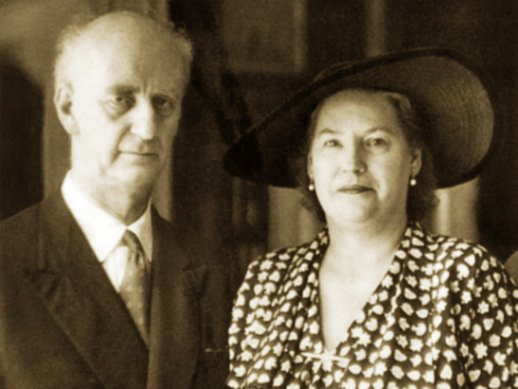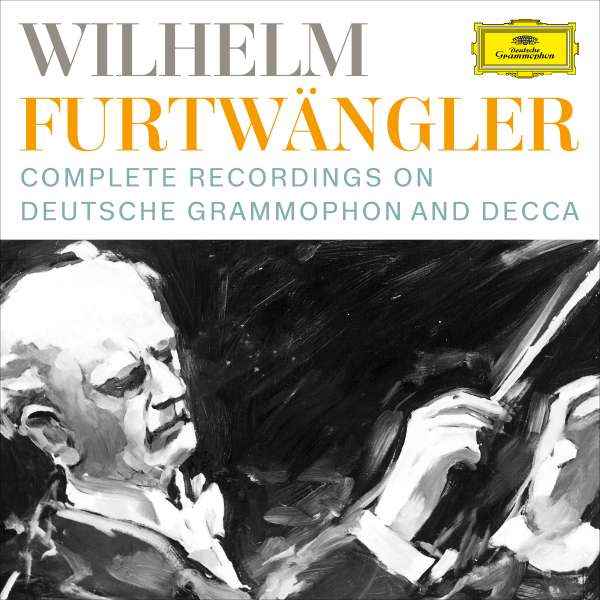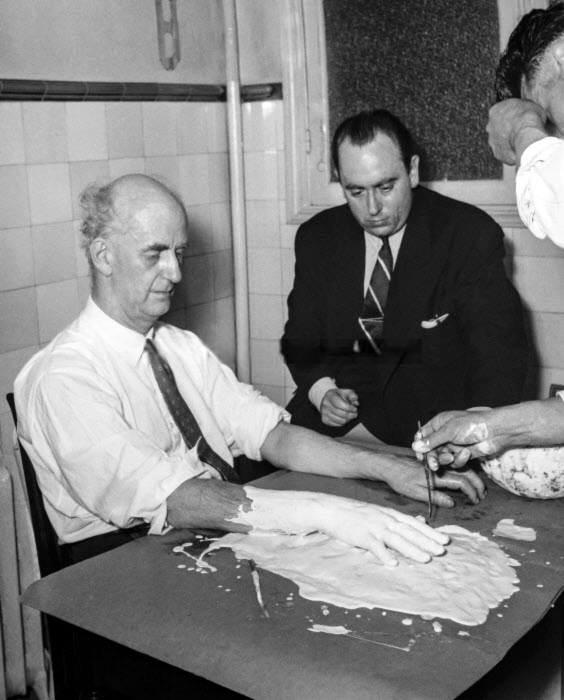Month: July 2019
News
Sixty-six. That is the number of new items posted on this site since autumn 2018…
That merits a slight break. See you again in mid-August!

The SWF continues its work of making available, through downloads, of sound documents of the highest importance.
After various releases — above all of the Deutsches Requiem of Stockholm (SWF D03) — this autumn will see the online availability of a new document: the Schubert concert, given by the Vienna Philharmonic in Stockholm in 1943.
The SWF had published this in vinyl, then in CD. Satisfaction, however, had not been total: the musical value of the performances was not in question, but the technical result, yes. Times have changed: the edition we shall offer you is based on the original source, that of Swedish Radio, with which the relationship established on the occasion of the Deutsches Requiem is producing great results.

As for the Requiem, it is Christophe Hénault (Art et Son) who has been entrusted with the transfer and work on the sound. In fact the quality of the document is exceptional for its time — a magnetic recording later transferred to LPs for archiving. To be true, it is not free of a slight background noise, nor of clicks that will be eliminated, yet the scope of the sound spectrum and the dynamics do justice to the performance.
We have the whole of the 9th Symphony, the first movement of the Unfinished, as well as the first few minutes of the Emperor Waltz, which was given as a encore. The rest has not been preserved, notably the Overture to Rosamunde that began the programme.
One reaction is self-evident: Furtwängler, in this haven of peace represented by then neutral Sweden, showed himself to be relaxed, far removed from the nervousness, the rage even, that marked a number of his concerts in Berlin or Vienna at that time.
Here we consider what proved to be the last world première under Furtwängler’s baton.
The conductor gave a number of first performances during his career. Our recent study Furtwängler and Schoenberg gave an account of one of the most tempestuous of these, that of the op. 31 Variations. Another, less distressing but equally significant, was the première of Richard Strauss’s Four Last Songs, shortly after the composer’s death, given by Kirsten Flagstad on 22 May 1950 in London. Furtwängler conducted the Philharmonia in concert for the first times.

We present the facsimile of the programme in our section Get the programme! The commentary on this document was written by SWF member Roger Smithson.
He provides answers to many questions, except one: will we one day have a good recording of this concert?…
We were expecting Warner, and it is DG that takes us by surprise!
Our faithful member Jean-Luc Tardivat was the first to draw our attention to the important release next autumn: DG is releasing a boxset of 34 CDs + 1 DVD, encompassing everything that DG and Decca (which is part of the same group) has had in its archives for ever, or least for a long time.
We shall find the Polydor of the pre-war period, the wartime radio recordings, of Vienna and Berlin — rivalling for these last with the recent release of the Berliner Philharmoniker (voir l’article) —, the few official discs of DG and Decca from the early 1950s, that complete the radio recordings that these two labels have been exhuming over the past several decades. And, as an extra, DG includes a DVD of the film of Don Giovanni from Salzburg 1954.

Do we have reasons to be satisfied? Naturally, any Furtwänglerian can only be delighted to see that his favourite conductor is still the object of such sustained attention, and for an unprecedented price: €99.99!
That said, we should like to know what kind of mastering was effected by DG? The Berliner — even taking into account a few minimal reserves — have undertaken some truly thoroughgoing work, fully justifying production of their boxset.What about DG? We certainly ought to hold back on a definitive judgement — we have not yet listened to it — yet we fear that DG has been content just to make a compilation, albeit on a larger scale, of what is already available.
Let us therefore wait a few weeks!
Where the devil did Furtwängler’s hand go?
On 5 June 1950, in Paris, the day after a concert, Wilhelm Furtwängler was in a kitchen or the backroom of a shop, where his right arm — the one that holds the baton — is hidden by an ample covering of plaster. An illustrious mould!
Except that, despite extensive searching, Furtwängler’s hand has disappeared. The baton also. There remain the recordings they have conducted. We shall make do with them!

